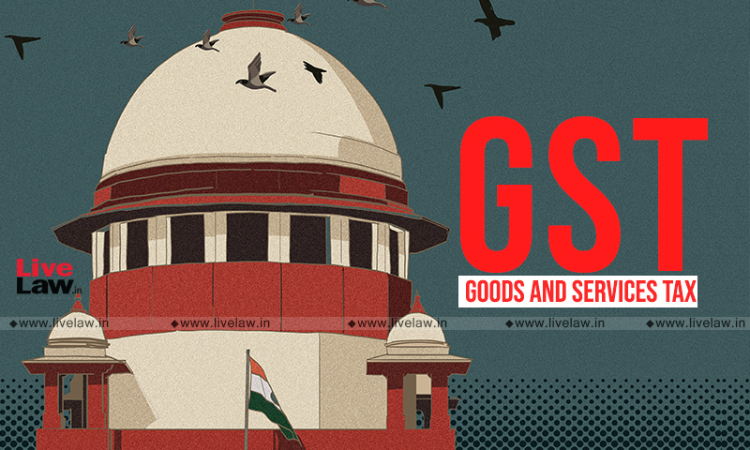Madras Tax Bar Challenges CGST Appellate Tribunal Provisions; Supreme Court Issues Notice
Padmakshi Sharma
15 Sept 2023 7:25 PM IST

Next Story
15 Sept 2023 7:25 PM IST
On Friday, the Supreme Court issued notice on a petition filed by the Madras Tax Bar challenging the constitutional validity of Sections 149 and 150 of the Finance Act, 2023 that seek to substitute Sections 109 and 110 of the Central Goods and Services Tax Act, 2017 (CGST Act). The sections in question relate to appointments and conditions of service of members to the Appellate Tribunal under...
